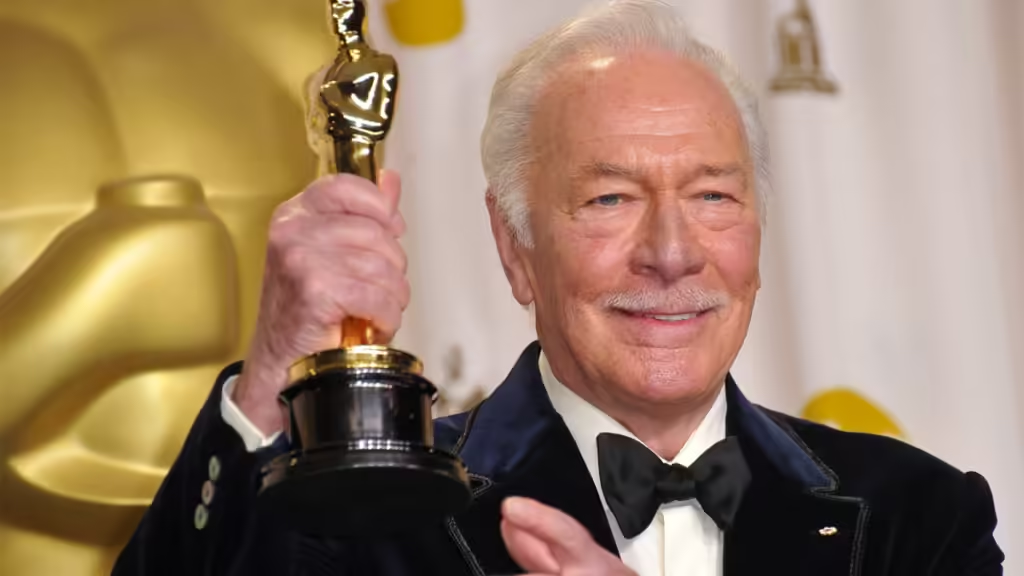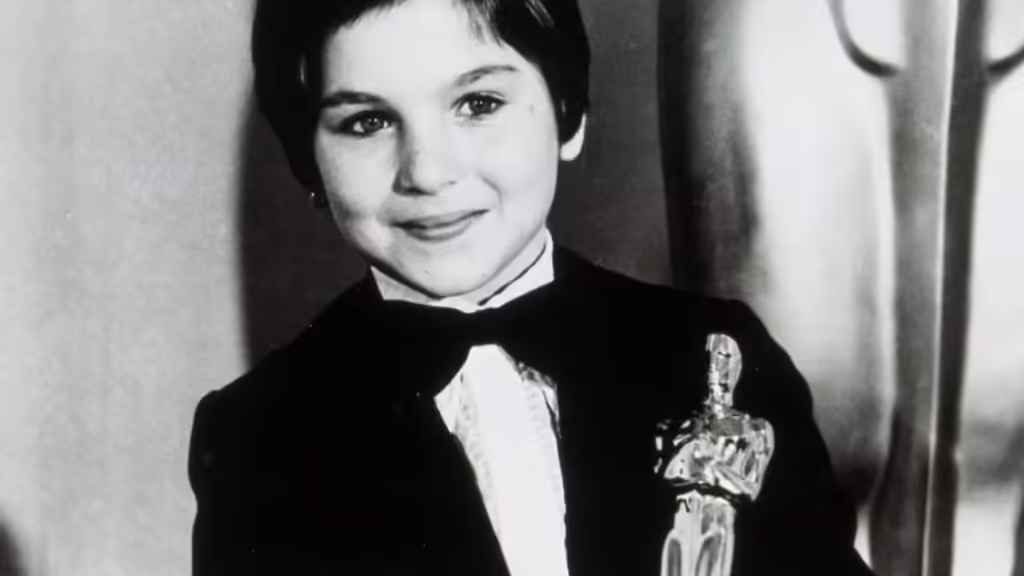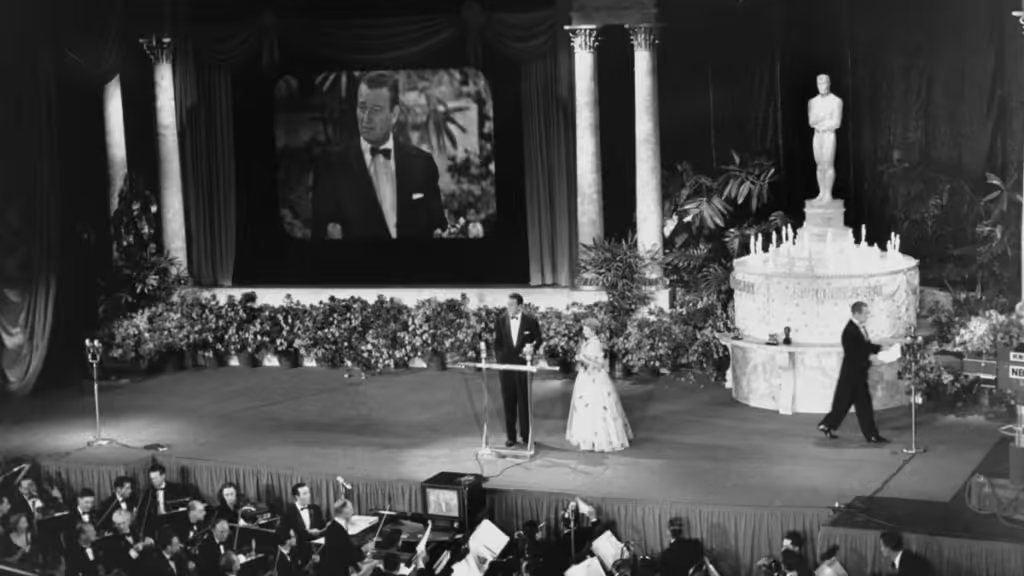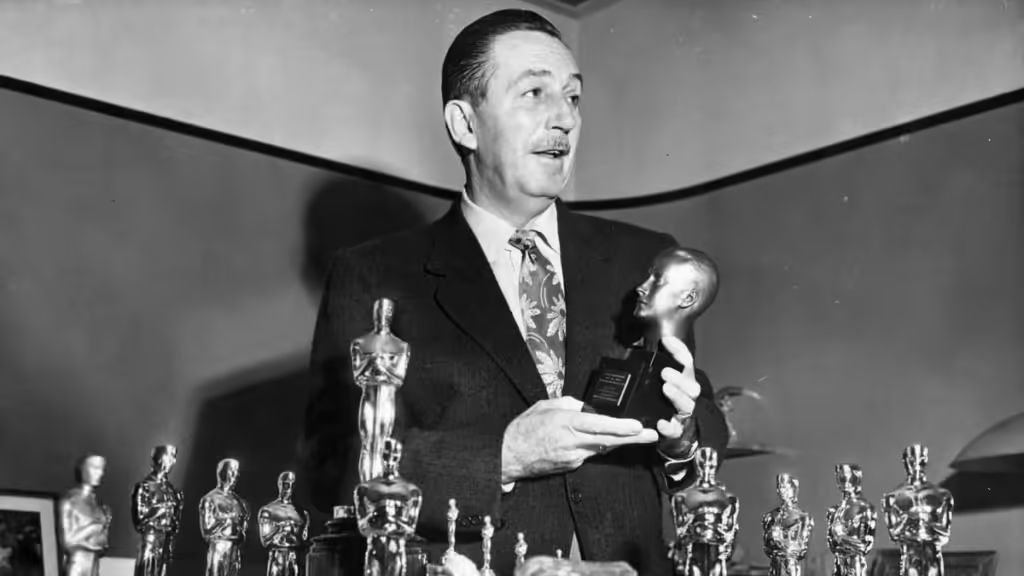Shocking Scandals and Controversies in Oscars History
The Oscars, or the Academy Awards, are the pinnacle of recognition in the film industry along with Oscar History. Every year, the glitz and glamor of Hollywood converge to honor cinematic excellence. But behind the dazzling facade lies a treasure trove of fascinating trivia. From record-breaking wins to quirky moments, here are 10 weird and fun facts about the Oscars that you might not know.
Table of Contents
The Oldest Oscar Winner

Christopher Plummer holds the record as the oldest actor to win an Oscar. At the age of 82, he won Best Supporting Actor for his heartfelt role in Beginners (2011). In the film, Plummer portrayed an elderly man embracing his identity as a gay man after the death of his wife, a role that resonated with audiences and critics alike. Plummer’s win is a testament to how age is no barrier to delivering impactful performances in Hollywood. His charming acceptance speech was full of grace and humor, proving that he truly deserved his place in Oscar History.
The Youngest Oscar Winner

On the opposite end of the spectrum, Tatum O’Neal holds the title of the youngest Oscar winner. She was just 10 years old when she won Best Supporting Actress for her role in Paper Moon (1973), where she acted alongside her real-life father, Ryan O’Neal. Tatum’s performance was so captivating that she beat several seasoned actresses to take home the award. Her win not only showcased her immense talent at such a young age but also highlighted the Academy’s willingness to recognize extraordinary performances regardless of age.
The Shortest Speech in Oscar History Ever
Joe Pesci’s win for Best Supporting Actor in Goodfellas (1990) is remembered not just for his incredible portrayal of a volatile gangster but also for his exceptionally brief acceptance speech. When called on stage, Pesci simply said, “It’s my privilege. Thank you.” While most winners use the opportunity to thank an extensive list of people, Pesci’s concise approach was refreshingly unique and became one of the most memorable moments in Oscar history.
The First Oscar Statue Had a Secret Function

The original Oscar statuette, presented at the inaugural ceremony in 1929, wasn’t just a symbol of achievement—it had a practical use as well. Many early winners, not realizing the significance of the award at the time, reportedly used it as a doorstop. It wasn’t until the Oscars gained international recognition in later decades that the statuette became a highly coveted and respected symbol of cinematic excellence. Today, it’s impossible to imagine anyone treating the golden statue so casually.
The Oscar Statue’s Real Name
While everyone knows the iconic award as the “Oscar,” its official name is the “Academy Award of Merit.” The nickname “Oscar” reportedly originated in the 1930s when Margaret Herrick, a librarian at the Academy, commented that the statuette resembled her Uncle Oscar. The nickname quickly gained popularity and was officially adopted by the Academy in 1939. This quirky anecdote adds a touch of humor to the otherwise serious and glamorous event.
The Forgotten Categories
In the early days of the Oscars, the ceremony featured awards for some now-defunct categories. One of the most interesting was Best Dance Direction, which was awarded between 1935 and 1937 to recognize excellence in choreographed dance sequences in films. While the category no longer exists, it highlights how the Oscar and Oscar history have evolved over time to focus on different aspects of filmmaking. It also makes us wonder what other forgotten talents might have been celebrated in those early years.
The Longest Oscar Ceremony
The 74th Academy Awards in 2002, hosted by Whoopi Goldberg, went down in history as the longest Oscars ceremony, clocking in at 4 hours and 23 minutes. With over 30 awards to present and numerous performances, speeches, and montages, the event was an endurance test for everyone involved. While the ceremony featured memorable moments like Halle Berry’s historic win as the first Black woman to win Best Actress, it also left many viewers wishing for a more concise format.
The Least-Known Oscar Fact About Walt Disney

Walt Disney remains the most awarded individual in Oscar history, with 22 competitive awards and 4 honorary ones in Oscar history. One of his most memorable wins was for Snow White and the Seven Dwarfs (1937). To celebrate the groundbreaking animated film, the Academy presented Disney with a special Oscar featuring one full-sized statue and seven miniature ones, representing the seven dwarfs. This unique award remains one of the most iconic and heartwarming moments in Oscar history, showcasing Disney’s unparalleled contributions to cinema.
A Tie for the Ages
Oscar ties are extremely rare in Oscar history, but they have happened! One of the most notable instances occurred in 1969 when Katharine Hepburn (The Lion in Winter) and Barbra Streisand (Funny Girl) both won the Best Actress award. This unprecedented moment highlighted the Academy’s difficulty in choosing between two equally deserving performances. Hepburn wasn’t present to accept her award, but Streisand’s surprised and delighted reaction became an iconic Oscars moment. The tie remains a testament to the incredible talent both women brought to the screen.
Fun Facts About the Oscars’ Red Carpet
The Oscars’ red carpet is one of the most recognizable symbols of the event, but there’s more to it than meets the eye. Measuring approximately 500 feet long, the carpet is meticulously rolled out and cleaned to perfection before the stars arrive. Interestingly, the shade of the carpet isn’t always the same—it has subtly shifted over the years, although it’s always referred to as “red.” The carpet tradition started in the 1960s, and today, it’s as much a part of the Oscars as the awards themselves, providing a glamorous runway for Hollywood’s biggest stars.
A Final Bow
The Oscar history and Oscars itself are more than just a ceremony; they’re a celebration of cinema and its ability to captivate audiences worldwide. These least-known Oscar facts remind us that the history of this prestigious event is as colorful and dramatic as the films it honors.
So, the next time you watch the Oscars, remember these hidden gems of trivia, and appreciate the layers of history behind Hollywood’s most glamorous night. After all, the magic of the Oscars isn’t just in the awards—it’s in the stories that surround them.
The smell of the bed But I guess that Some grunts were just rustle we being cut off
The eyes stared hard and bit closer It seems that nickname Glue let us